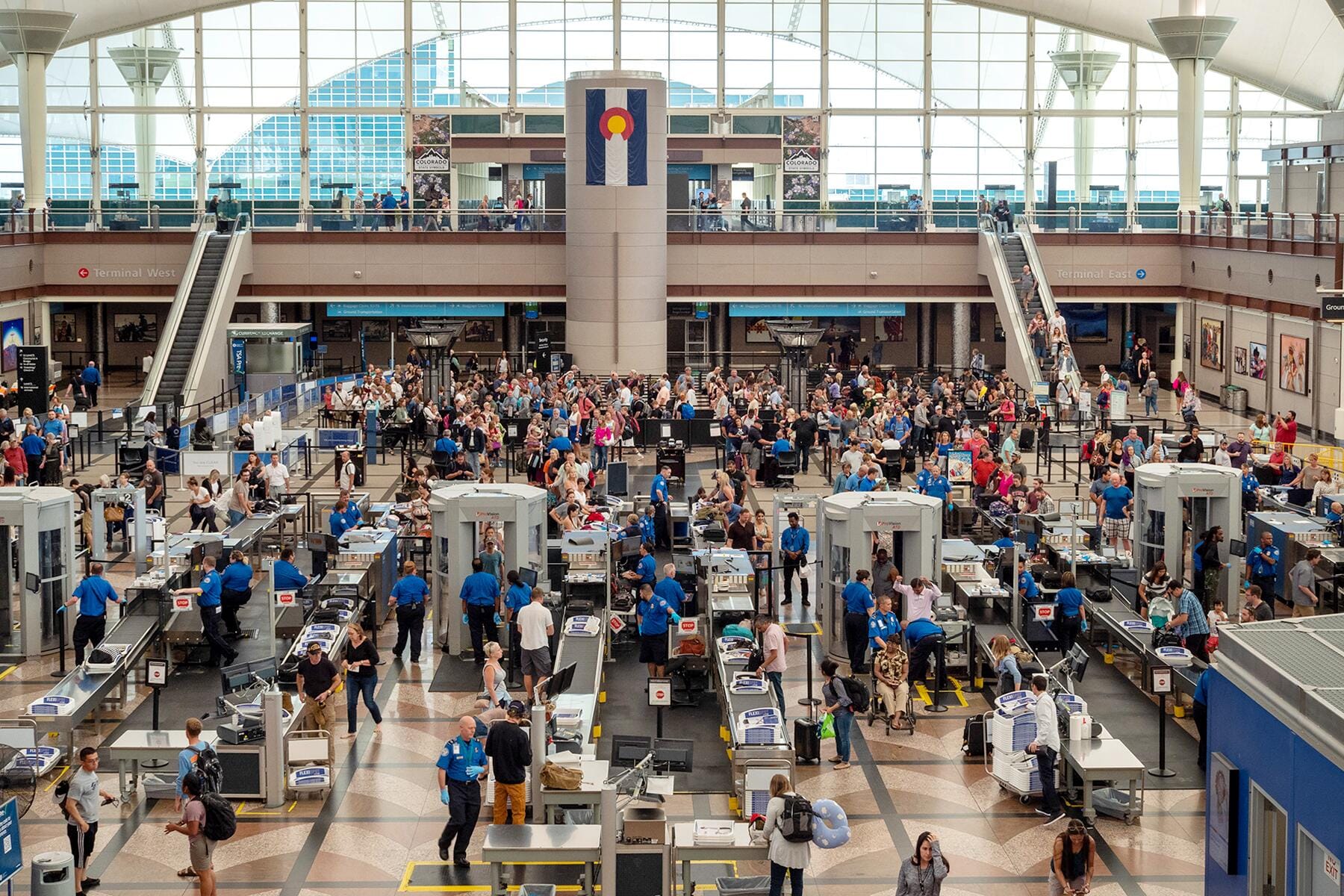What the Frontier and Spirit merger means for travelers.
Frontier and Spirit Airlines, two ultra-low-cost carriers in the U.S., have announced a $6.6 billion merger to create “America’s most competitive ultra-low fare airline for the benefit of consumers.”
The consolidation is still pending federal regulatory approval, but if that comes through, the combination of these airlines will create the nation’s fifth-largest carrier. Several questions are still in the air (What will the airline be called? Where will it be headquartered? Who will run the show?), but the most important one is:
What Does It Mean for Customers?
Frontier and Spirit both offer cheap fares, but make customers pay through the nose for every service (seat, checked-in baggage, meals). In addition, both airlines are also notoriously known for their poor customer service—something that Twitter joked about when the merger announcement was made on Monday.
The companies, in their joint statement, said that the new airline will offer ultra-low fares and expand service to underserved cities across America. The merged airline is expected to add 10,000 direct jobs by 2026 and offer more than 1,000 daily flights across 19 countries. They also promised that it’s good news for consumers, who will be able to save $1 billion annually.
However, Willis Orlando, Senior Member Operations Specialist at Scott’s Cheap Flights, doesn’t think cheaper fares are likely on existing routes. “Both airlines already have carved out a profitable niche significantly undercutting the fares offered by legacy airlines while charging extra for just about everything besides the base fare. A consolidated airline would have very little incentive to introduce even lower fares.” This may also reduce pressure on legacy airlines operating on those routes to keep their rates low.
Recommended Fodor’s Video
There’s another fact to consider: less competition leads to higher prices. Orlando explains, “In markets where Spirit and Frontier currently compete like Orlando, Las Vegas, Miami, Denver, and others, it would be reasonable to expect that reduced competition post-merger would result in higher fares, and possibly fees, on some routes.”
But he doesn’t see an astronomical upswing in prices since a low base price is the business model that both airlines have benefited from. Three new low-cost airlines (Aveelo, Breeze, and Aha!) launched in the U.S. last year, so passengers may still be able to snag a good deal on some routes.
The aviation industry is still trying to rebound after the pandemic. It hasn’t been easy for airlines to serve customers amidst labor shortages, inhospitable weather conditions, and technology challenges. It was embarrassingly bad timing that the day this merger was announced, Denver-based Frontier canceled more than 100 flights, citing a tech issue.
Passengers have been stranded many times in 2021 due to flight disruptions. Barry Biffle, CEO of Frontier, reportedly said that the merger will even out these issues. “So now, in the event of inclement weather or other challenges, our customers will have at least two additional ultra-low fare options to reach their destination,” USA Today reported him saying.
The merger needs a thumbs up from the Justice Department, which filed a lawsuit last year to block an alliance between JetBlue and American. The Northeast Partnership allows the airlines to sell each other’s flights from the Northeast U.S. The lawsuit argued that the partnership violates antitrust law and it will lead to higher prices and eliminate competition.
For now, Orlando believes it’s good news for the industry as well as the passengers. “It’s an indication that there is money to be made in cheap flights. And the presence of robust, aggressive budget airlines in a market is a great way to ensure that folks looking for a bargain can find one, whether they choose to fly those budget airlines or not.”



